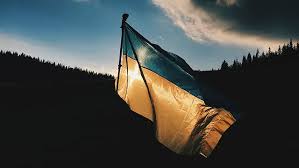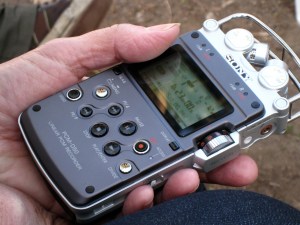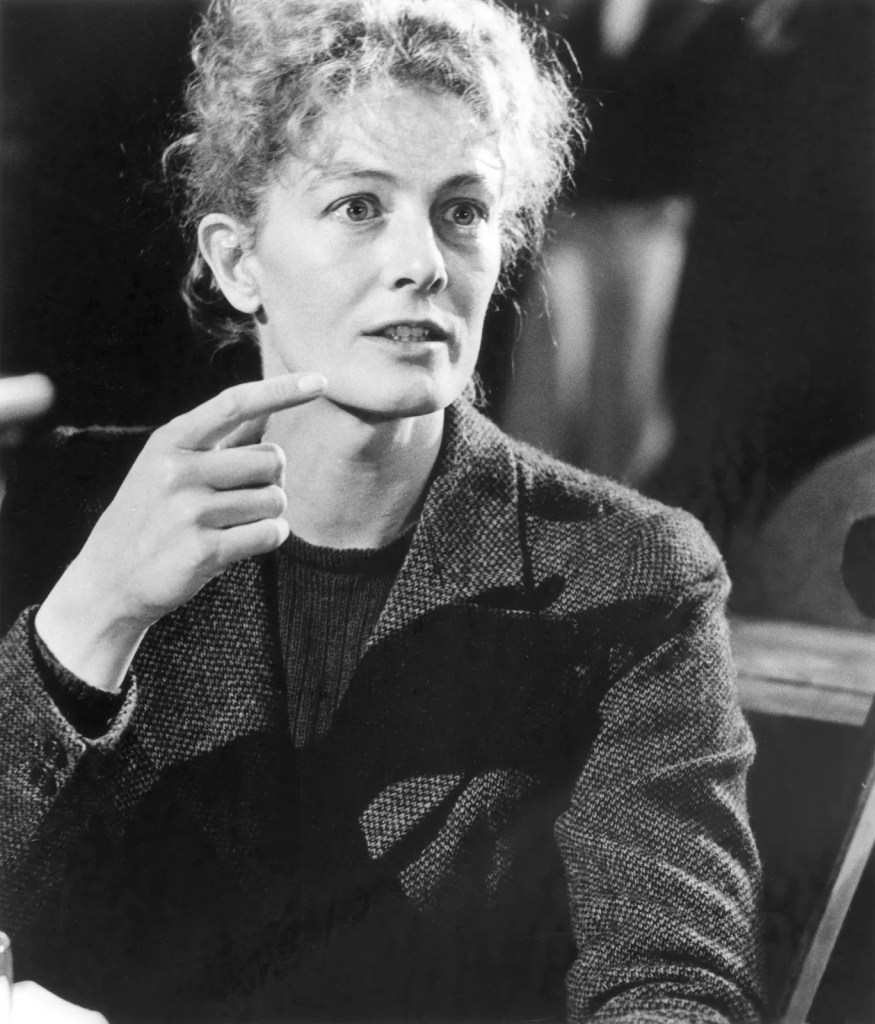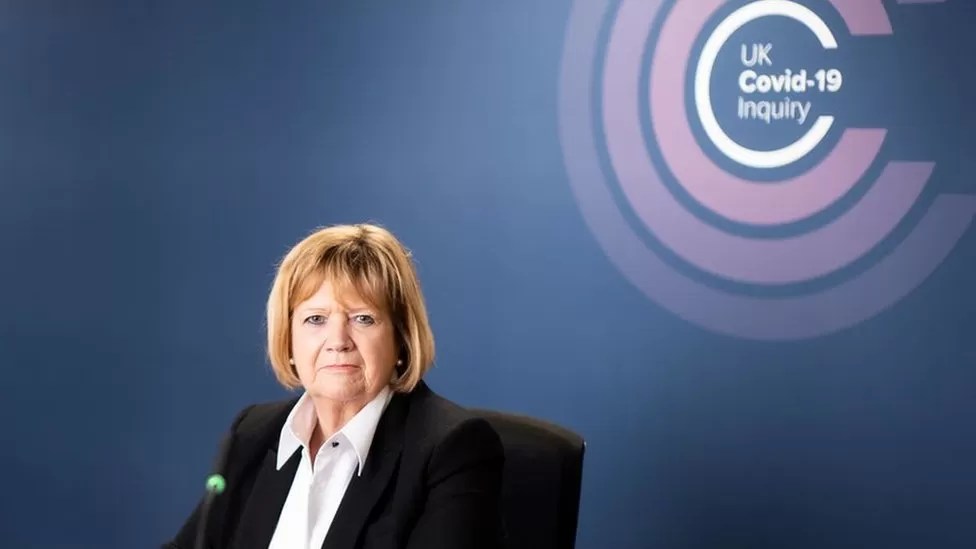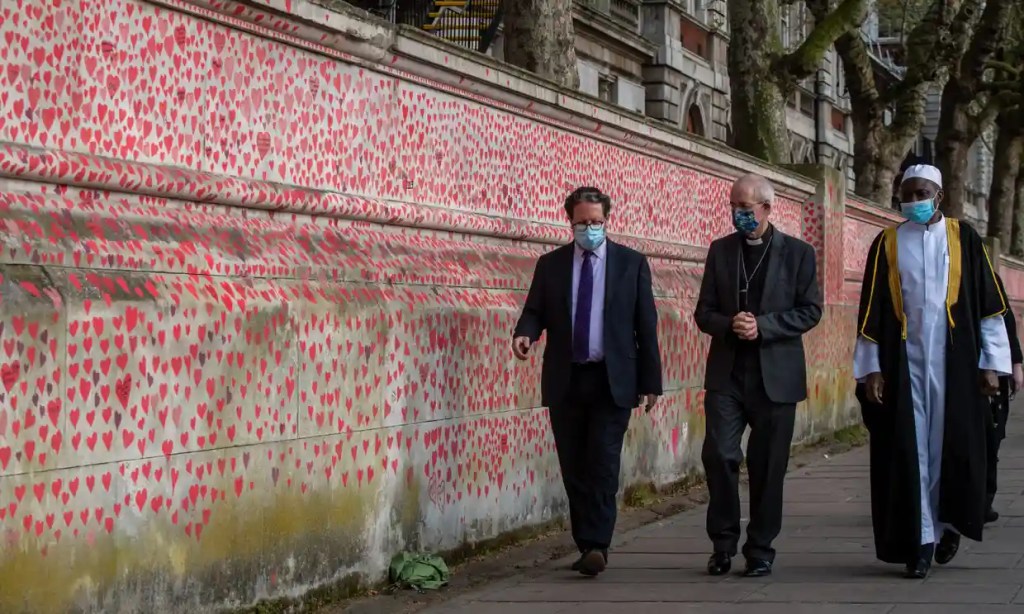“Look Granny, The sky is crying,” David says as he peeks out from underneath our umbrella. And we laugh because the rain is soft and light and warm and we know that it is just a little late May-time cry from the sky. And of course it is raining because the cottage windows have just been washed.

First I see his ladder, it wobbles as he perches it up against the study windowsill before ringing the door bell.
“ello Aggie – I saw you was back.”
“Perfect Chris – I have been thinking about you wondering when we would catch up. How have you been?”
“All right – middling you know.” And together we laugh as old friends do. Chris drives up from Sussex and parks his van somewhere in Camden. His tools are simpler now, an old wooden six-foot ladder that is wrapped in cloth and duct tape to protect the windows, a black plastic bucket, spray bottle of dish soap, window wiper, and cloth. He has a route of regulars through Camden, up Parkway and Regent’s Park Road before curling down through Primrose Hill until he has had enough for the day and can circle back to Camden, load up his van and drive home before the commute traffic gets too full.
“You’re limping more,” I say to Chris, Such is our familiarity over close to 20 years that I can say such things.
“it’s uh cyst on my muscle,” he replies. “Never heard of such a thing.” And he limps up and down the stairs. Chris is a London lad who, with his move to Sussex, has dipped his toes into semi-country living. He is old school and while he will go to the doctor he will not voluntarily step foot in a hospital. With Dickinsonian knowledge he knows well that you can die in there. As Chris does less for us – I pay him more. No longer able to hoist a big expandable ladder, nor not steady enough to carry our flimsy one upstairs, he no longer clears out the junk and leaves from our gutters. There was a time when he could reach the outside of the upstairs kitchen window and then help me replant out that lonely flower box. But no more. He can’t get up on the ladder and I can’t get onto the kitchen window ledge. About an hour in it is time to ask.
“ Would you like a cup of tea now Chris?”
“Oh, wouldn’t mind at all.” And so I make the tea. Chris is close to finishing up but the tea must come as tea break – not the end of the job. With milk, no sugar, and two biscuits. Chris needs the break and I sit down beside him. It is time to talk over matters most serious. But before we start Walter comes up to say hello and goodbye. Chris doesn’t quite stand up but returns Walter greeting.
“Morning Sir, you are keeping her well then I see.” While my husband chuckles his response I feel like an elderly dairy cow – still producing. But this again is our familiarity. Now it is time to get comfortable with our conversation.
Chris tells me of his sister in France – doing well with her family. And then it is on to politics.

The Scottish National Party is doing the Highland Reel with their changing of the presidential guard – for a moment longer – the leading Scottish governmental party with the First Mister of Scotland, and have just chucked out their leader Humza Yousaf as First Minister. He seemed to go quietly – almost too quietly – some saying he fell on his own sword with his dismissal of a collaboration with the Green Party and then begging them back to no avail. Sir John Swinney steps up to the helm, saying he will continue Yousaf’s independence strategy. A brown man steps down for a white one – who – admittedly is apparently untarnished – unlike Nicola’s Sturgeon’s husband Peter Murrell or her mentor Alex Salmond, neither one as yet in jail for any financial slipping and sliding and who both look like 19th century Moreland farmers still eating beef in quantities over and above the necessary calories for sitting around in government houses. Stepping up to the microphone as the new first minister, Sir John Swinney is trimmer. At first this looks like a right old stitch up, but maybe he is a guiding tugboat bringing this limping ship of the Scottish National party into safe waters. It remains to be seen.

Meanwhile Chris and I continue, curling our lips in mock horror at the buffoonery of Boris Johnson showing up to vote in the English by-elections without any ID – a law brought in by his government under his watch – and his – “you’ve seen me with my terrier dog on a lead” – just does’t cut it. We shake our heads in mutual disdain. Now the tea is finished, and it is time for Chris to carry on along his rounds and we say goodbye until he comes knocking on our door again in a few month’s time. I will see him through the summer, with his little ladder propped up against the window of a rock and roll bar on Parkway.
As the by-election results come in we watch the Tory party begin to implode. Rishi Sunak holds a tight grin as he speaks and congratulates the few Tories who have held onto their seats. A photo-op occurs in an Indian Restaurant where he is filmed chopping carrots with such inefficiency that the by-standing chefs are biting their lips and holding a tight smile as if watching a child with a knife for the first time. The Labour Party Leader, Sir Keir Starmer tries to look hard-working and casual as he goes about the country congratulating those who have worked hard on winning their labour seats. Poor man – someone should tell him that a white tee shirt under a jumper doesn’t suit every male figure. And all this hopping about the country for these by-elections puts the real business of government aside. The Conservatives are in the process of taking a whipping at the polls and government ministers are shuffling from one foot to another, not yet quite sure where to land and where to speak.
But Foreign Secretary Sir David Cameron has stayed busy, and along with the French President Emmanuel Macron, committed money and arms to Ukraine while still trying to broker any kind of peace in the Middle East. Russia’s President Putin has plenty to say about that.
The student protests with Pro-Palestinian sympathies about the bombing of Gaza are growing around the world, each country’s universities going about their demonstrations in their own cultural way. On the campuses here in England, because so far there are no overt clashes between the students, the administration and police, they are not covered by the evening news. While the young students and some professors already know the cost of speaking out, they are prepared to do so. When asked by the Guardian columnist Nesrine Malik about the cost – of their education, their reputation – a student replied, “The students in Gaza don’t have schools to protest in; they don’t have medical care to be taken away from them. This is nothing compared to what they’re experiencing.” Could it be that this time it is the young of the world who can silence the guns of war.

This has been A Letter from A. Broad. Written and produced for you by Muriel Murch
And always overseen by – beatrice @ murchstudio.com
